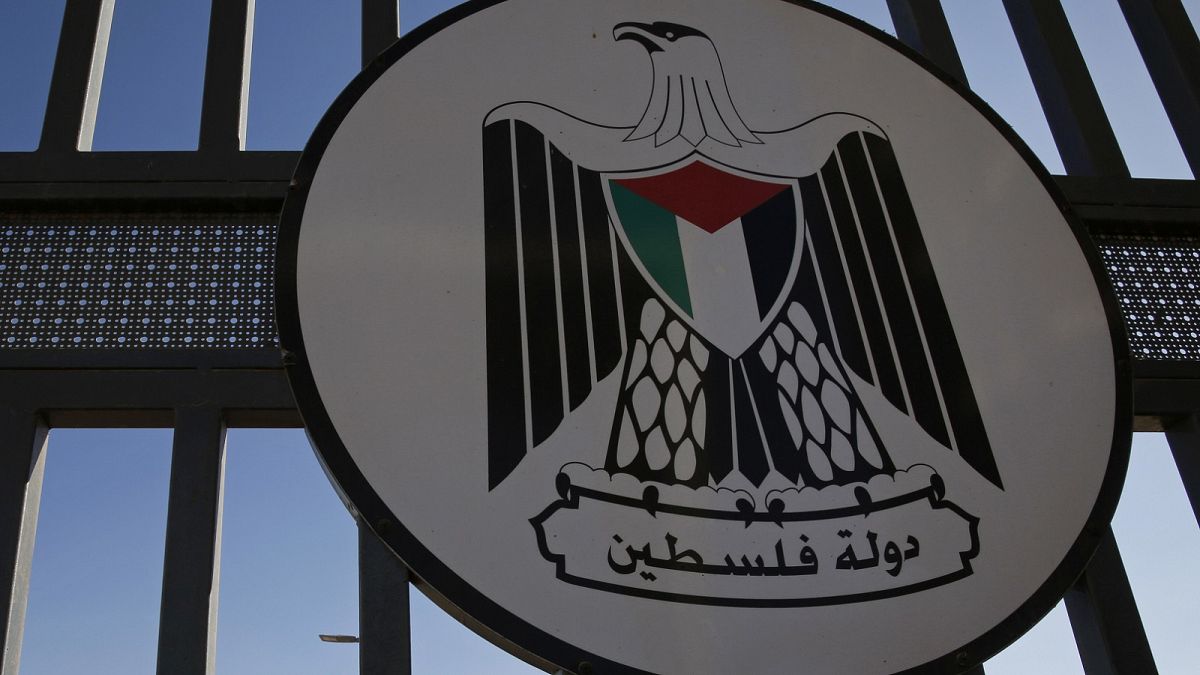Too many Palestinians endure inhumane treatment at the hands of the PA. Life on the West Bank can be hard enough and, civilians in the West Bank and Gaza Strip face a near-systematic campaign of human rights abuses.
On 9 December, Suha Jbara, a Palestinian woman with American and Panamanian citizenship, appeared in court in the West Bank for the eleventh time. As with every other previous court appearance, the hearing was postponed, this time until January 2020. Jbara keeps going back to court because, in the middle of the night on 3 November 2018, around 40 armed men burst into her house shoving their guns in her face and that of her mother and her three young children.
The men were from the Palestinian Authority (PA) and demanded that she accompany them to the PA Intelligence Service headquarters in Al-Bireh. They never said why they were taking her and now, over a year later, they have asked for more time to produce the evidence supporting her arrest.
During her ten weeks of detention, Jbara was physically tortured, denied legal advice and the chance to speak to her family. She was also forced to sign a confession. With no end in sight to her ordeal, she went on hunger strike for 26 days, ending it only when she was taken to hospital. She was finally released on bail in January 2019, and since then has had to deal with a farcical court system that allows prosecutors to ask to be given time to produce evidence an entire year after an arrest - and after her trial has started.
Sadly, Jbara’s case is just one of many examples of arbitrary detention and torture under the PA. During her detention, she described how she saw other prisoners - including many teenagers - who were blindfolded, handcuffed, and forced to sit in stress positions facing the wall as cold water was poured on their faces. Too many Palestinians endure inhumane treatment at the hands of the PA. Life on the West Bank can be hard enough and, civilians in the West Bank and Gaza Strip face a near-systematic campaign of human rights abuses.
In October 2018, Human Rights Watch released a report which detailed how the PA crushes dissent. They listed everything from controlling social media and arbitrarily arresting demonstrators, university students and journalists, to brutal torture and abuse once in custody. This was just a few days before Jbara herself was subjected to these unlawful and arbitrary tactics.
Continuing their stifling of free speech and crackdown on human rights in 2019, a court in Ramallah recently ordered that 59 websites should be blocked as they were allegedly threatening “national security, public order, and public manners.” This was an extension of the law passed by PA leader, Mahmoud Abbas in 2017 called the Cybercrime Law. As with many other repressive authorities whose only grasp of power involves the silencing of criticism and free thought, the sites which the PA blocked were either independent, opposition affiliated or had exposed corruption within the PA.
This same law was used to sue a Palestinian lawyer, Muhannad Karaja after he posted his support on Facebook for another Palestinian academic, Adel Sammour who is also being prosecuted by the PA.
Human rights and social justice activists are frequently subject to politically-motivated charges in Palestine. Jbara herself has been put in the paradoxical position of being accused of supporting both Hamas and Israel. Her official charges of “gathering and receiving illegal money” and “communicating and/or collaborating with the enemy” were based on the signing of a forced confession after prolonged torture.
Since her release, Jbara has gone to court 11 times to fight these charges. Each time, the trial is postponed. As Human Rights Watch noted, this is another tactic used by the PA. They release detainees and never drop the charges, however baseless, so that they have another reason to re-arrest the person at a later date. Despite the failures of the Palestinian authority to respect the rights of its own people, international legal remedies are available. With no obvious end in sight to this ordeal, I have therefore made submissions to the UN Working Group on Arbitrary Detention and the Special Rapporteur on Torture against the PA on behalf of Ms Jbara.
The PA has failed to respect the basic rights of its own people, and the rule of law for too long. It cannot continue.
- Rhys Davies is an international criminal law and human rights law Barrister, based at Temple Garden Chambers, in London and the Hague. He is a member of the List of Counsel before the International Criminal Court. He is instructed as International Counsel for Suha Jbara.
____________
Are you a recognised expert in your field? At Euronews, we believe all views matter. Contact us at view@euronews.com to send pitches or submissions and be part of the conversation.
